

When has any country been asked to give up land it won in a war? Even if a nation is at fault, the punishment must be measured.
After World War I, Germany, the main aggressor, faced harsh penalties under the Treaty of Versailles. Germans resented the restrictions, and that resentment fueled the rise of Adolf Hitler, ultimately leading to World War II. History teaches that justice for transgressions must avoid creating conditions for future conflict.
Ukraine and Russia must choose to either continue the cycle of bloodshed or make difficult compromises in pursuit of survival and stability.
Russia and Ukraine now stand at a similar crossroads. They can cling to disputed land and prolong a devastating war, or they can make concessions that might secure a lasting peace. The stakes could not be higher: Tens of thousands die each month, and the choice between endless bloodshed and negotiated stability hinges on each side’s willingness to yield.
History offers a guide. In 1967, Israel faced annihilation. Surrounded by hostile armies, the nation fought back and seized large swaths of territory from Jordan, Egypt, and Syria. Yet Israel did not seek an empire. It held only the buffer zones needed for survival and returned most of the land. Security and peace, not conquest, drove its decisions.
Peace requires concessions
Secretary of State Marco Rubio says both Russia and Ukraine will need to “get something” from a peace deal. He’s right. Israel proved that survival outweighs pride. By giving up land in exchange for recognition and an end to hostilities, it stopped the cycle of war. Egypt and Israel have not fought in more than 50 years.
Russia and Ukraine now press opposing security demands. Moscow wants a buffer to block NATO. Kyiv, scarred by invasion, seeks NATO membership — a pledge that any attack would trigger collective defense by the United States and Europe.
President Donald Trump and his allies have floated a middle path: an Article 5-style guarantee without full NATO membership. Article 5, the core of NATO’s charter, declares that an attack on one is an attack on all. For Ukraine, such a pledge would act as a powerful deterrent. For Russia, it might be more palatable than NATO expansion to its border.
RELATED: Trump says he knows exactly why Putin wouldn’t have invaded Ukraine if he was president
 Photo by Andrew Harnik/Getty Images
Photo by Andrew Harnik/Getty Images
Peace requires concessions. The human cost is staggering: U.S. estimates indicate 20,000 Russian soldiers died in a single month — nearly half the total U.S. casualties in Vietnam — and the toll on Ukrainians is also severe. To stop this bloodshed, both sides need to recognize reality on the ground, make difficult choices, and anchor negotiations in security and peace rather than pride.
Peace or bloodshed?
Both Russia and Ukraine claim deep historical grievances. Ukraine arguably has a stronger claim of injustice. But the question is not whose parchment is older or whose deed is more valid. The question is whether either side is willing to trade some land for the lives of thousands of innocent people. True security, not historical vindication, must guide the path forward.
History shows that punitive measures or rigid insistence on territorial claims can perpetuate cycles of war. Germany’s punishment after World War I contributed directly to World War II. By contrast, Israel’s willingness to cede land for security and recognition created enduring peace. Ukraine and Russia now face the same choice: Continue the cycle of bloodshed or make difficult compromises in pursuit of survival and stability.
Want more from Glenn Beck? Get Glenn's FREE email newsletter with his latest insights, top stories, show prep, and more delivered to your inbox.
.png)
 5 hours ago
6
5 hours ago
6
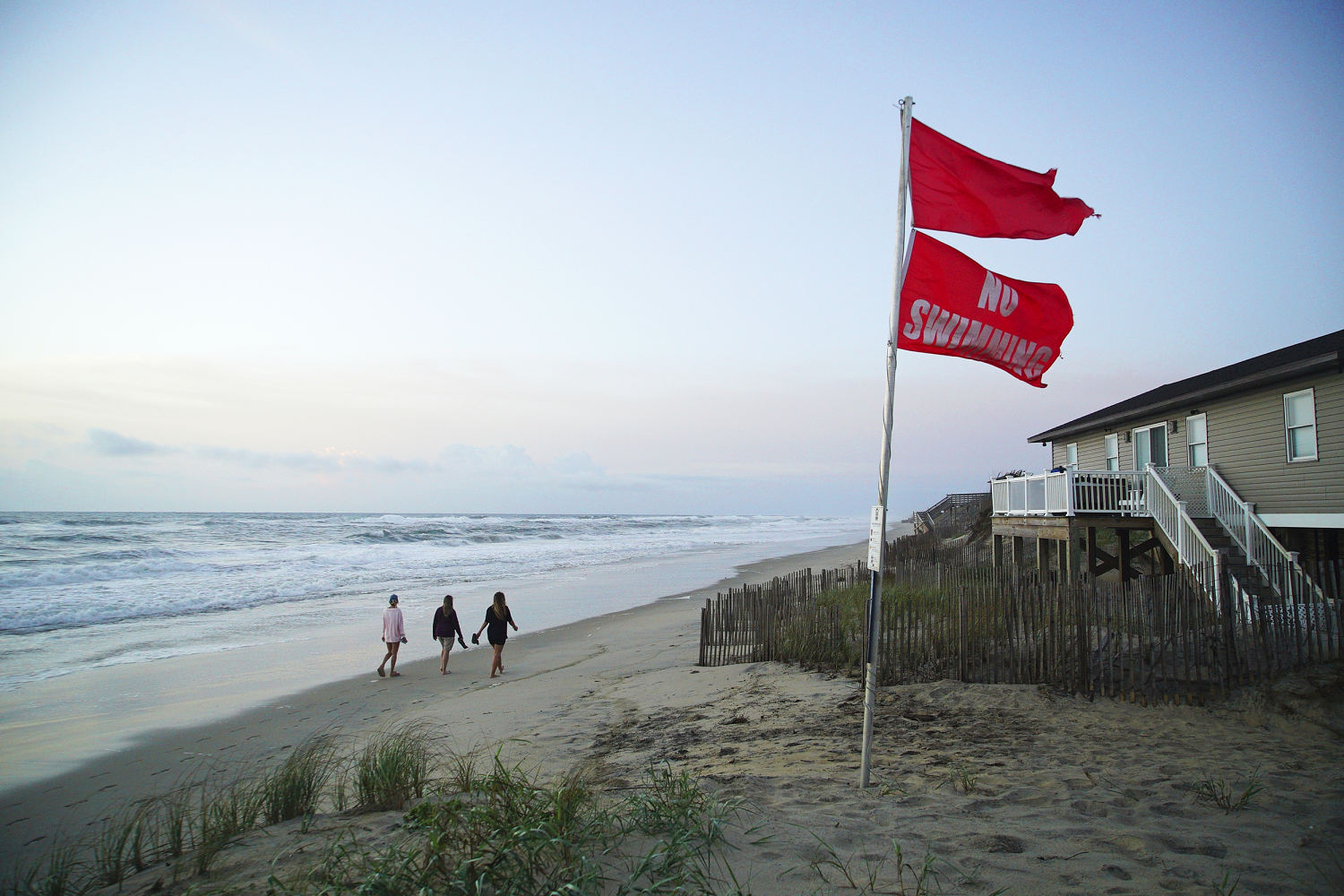
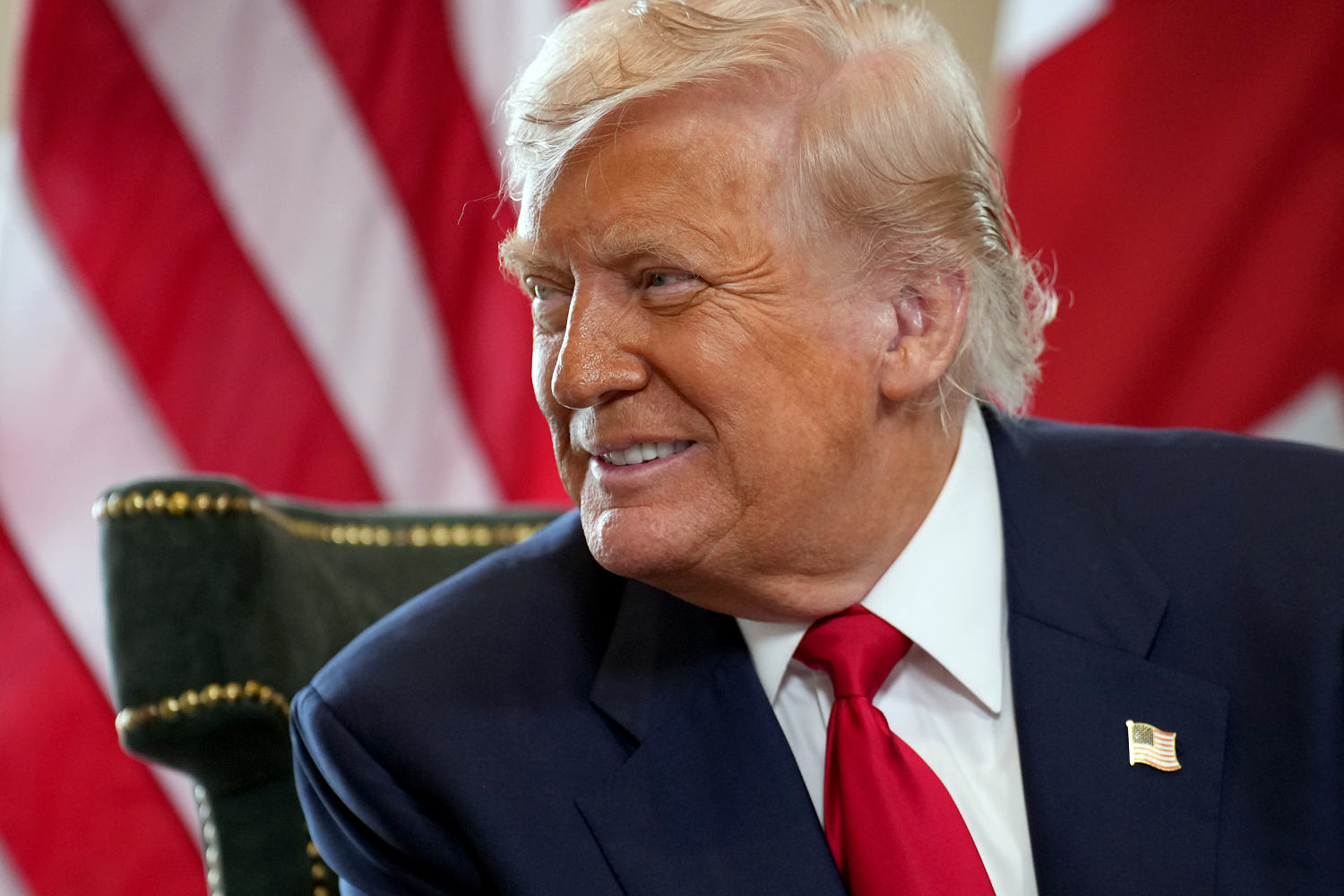
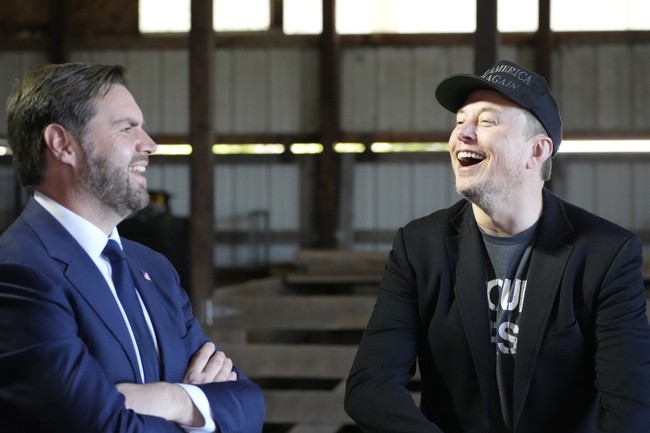

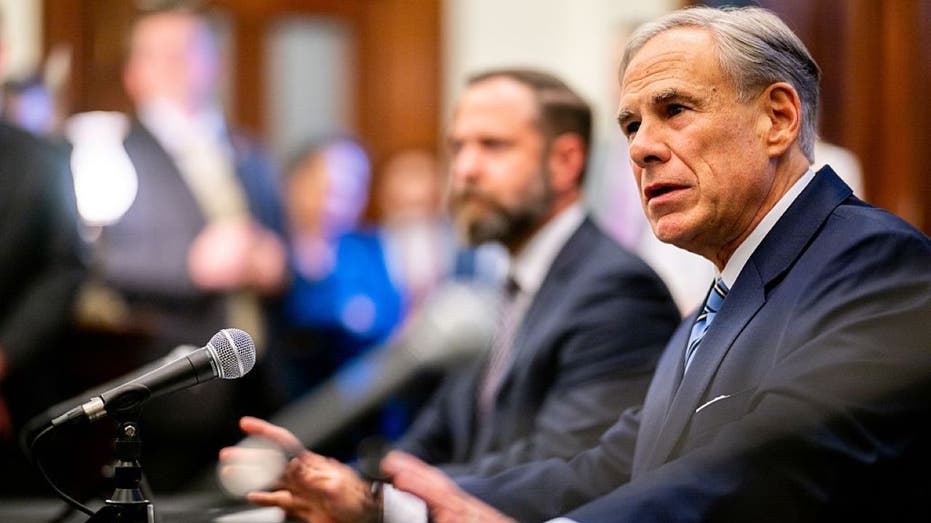





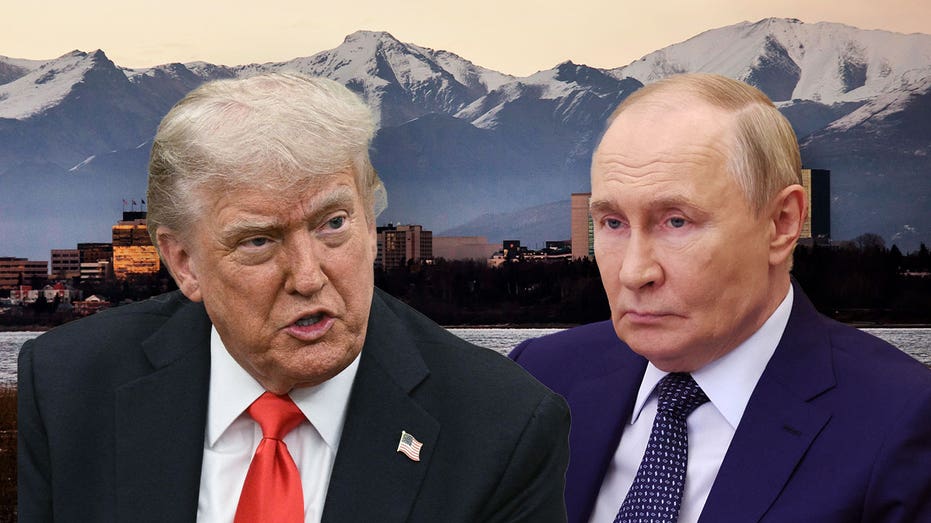
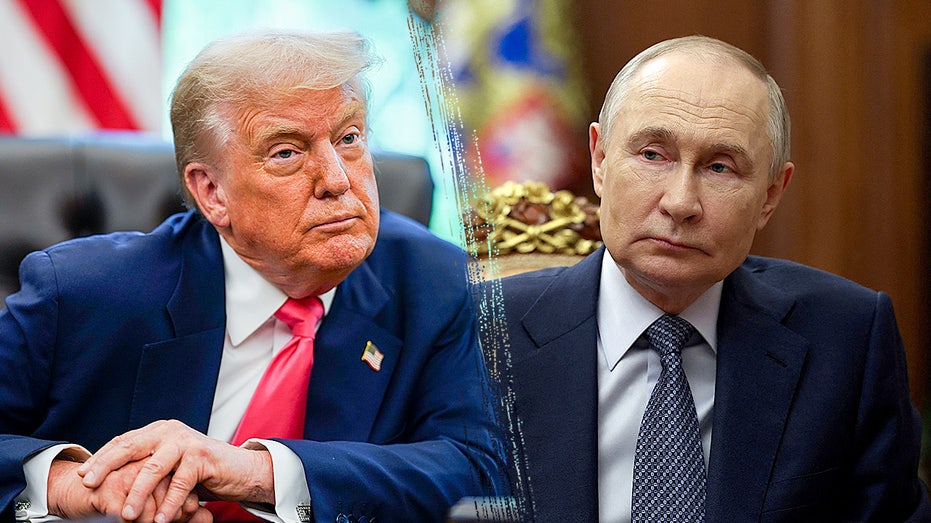


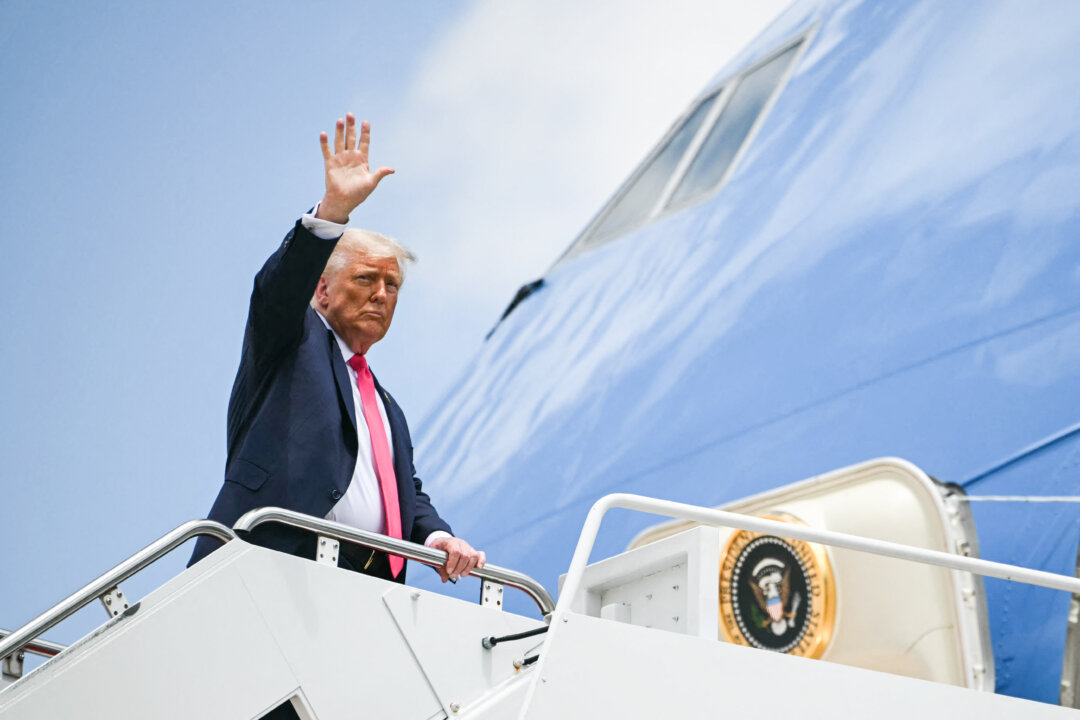
 English (US)
English (US)